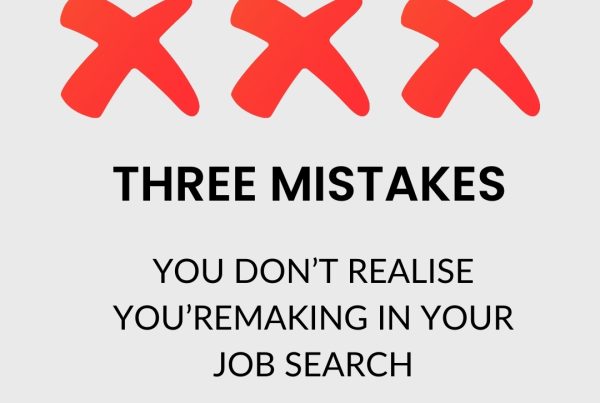Somedays, people are just going to rub you the wrong way. Some days management will feel unbearing or your role smothering. Some days it might feel all.too.much.
You might be right. Your feelings are valid and your reasons may very well be justified. But when you feel like you’re reaching boiling point – is that the time to make your move? Drop the mic and make a grand exit??
Rage quitting has somewhat become a fad over the last few years. After more than two long years of dealing with a pandemic, juggling work, life and family. School closures, unprompted working from home conditions, loss and heartache, the ever-mounting stress…
Argh! We’re getting flustered just thinking about it all, and most likely, you are too.
But is ‘rage quitting’ the solution?
Read on to discover the what, the why, and most importantly, the how to avoid

A look into rage quitting
It’s an unusual period in time and tensions are high. Individuals across the globe are riding a rollercoaster of emotions, and understandably, they want to get off.
But is your current job the actual cause of this stress? Or is it caught up in the tangle of surrounding chaos?
What is rage quitting?
Originally coined by gamers, the term rage quit was used to describe a situation in which the individual became so furious or frustrated with the current situation that they simply up and left before seeing the game through.
In lamen terms, an adult tantrum (oh yeah, we went there).
To rage quit is to find yourself in a situation where frustration, anger or displeasure blinds you to alternatives other than the easiest way out. To throw in the towel and call it quits (without really thinking it all through).
While a job that makes you feel that way might not fit quite as neatly into our tantrum analogy. The essence is the same – It’s an impulse action led 100% by emotion.
To rage quit or not to rage quit?
Whether you’re right or wrong, whether it’s time to leave or to start looking on over yonder – the best thing you can do is to pause, reflect and ask yourself some hard questions.
By doing this, you’re breaking the very core of what it is to rage quit and fast putting yourself on a better track. At this point, we can’t stress enough that if it’s time to leave, it’s time to leave! But it’s about leaving on the best possible terms to set yourself up for an easier transition and onto brighter things.
Rage quitting, while possibly satisfying at the time, will rarely lead to positive outcomes. A bad reputation, regret, remorse, an unexpected lack of income and other hardships are more likely to accompany a rage quit scenario.
So what to do?
Questions to ask yourself when contemplating the rage quitting exit strategy
As stated, the best thing you can do when emotions are boiling over and your sights fall on your job to blame – is to stop. Pause and ask yourself the following questions:
- Is this a recurring feeling or a once off?
- Did you have control over the offending situation? Or was it out of your hands?
- Will this occurrence matter long term? (It’s important to look at the bigger picture)
- What will you gain/lose from quitting?
- Why did you start this job in the first place?
- Will you feel the same in another job/with another employer?
- Are your current emotions related to the job? Or do you have extenuating circumstances that are clouding your judgement?
If your answers to the above questions result in a firm answer that it’s time to close the door on this particular chapter. That’s great! At least you know where you can stand and you can start to make a plan. A thought out, logical (not emotion-driven) solution for your next steps.
For tips on making that next step, check out our video on quitting gracefully, or of course, feel welcome to reach out to a member of our team for guidance or advice on what other opportunities may be available to you.
If you ask yourself the hard questions and note that maybe it’s not the job causing the issues, or that while a particular situation may be frustrating you, overall your job is good – it’s still important to look at how you reached this point of near explosion. Work towards a solution of improvement, whether alone or with your employer or management team.
Blinding frustration (the kind that leads to rage quitting) is not healthy or normal long term. Ensure your needs are met with purpose and grace, both personally and professionally. Maybe you need a mental health day to get back on track? Or perhaps you need a management system in place to help things from becoming too much? Address and work towards what’s in your control.
For tips on resetting and refocusing in the workplace, check out these resources:
- Normalising mental health days
- How to reset at work
- Tackling burnout
- How to cope with everyday emotions
Looking to move on from your current role?
Contact us to see how we can assist.
Want even more insight into the latest twist and turns, tips and tricks, and industry know-how? Sign up to our monthly newsletter!







